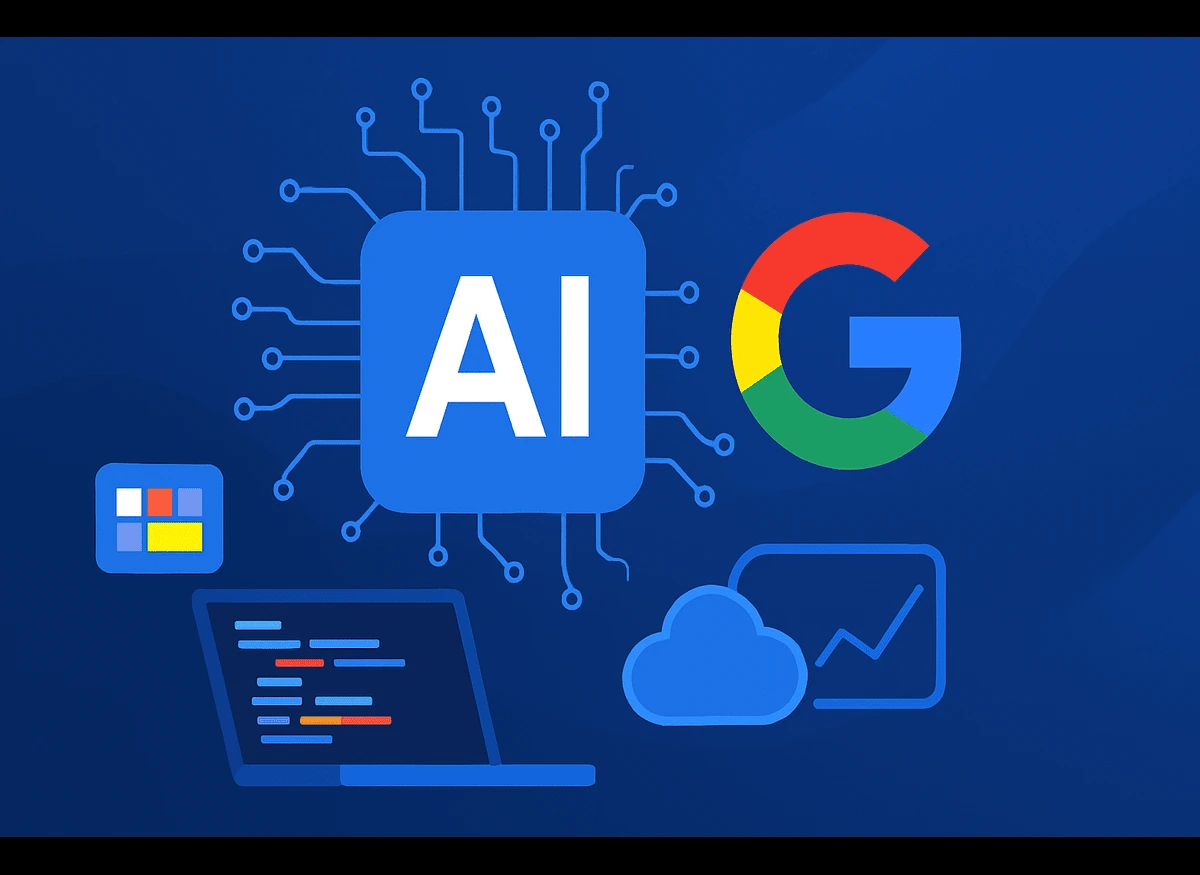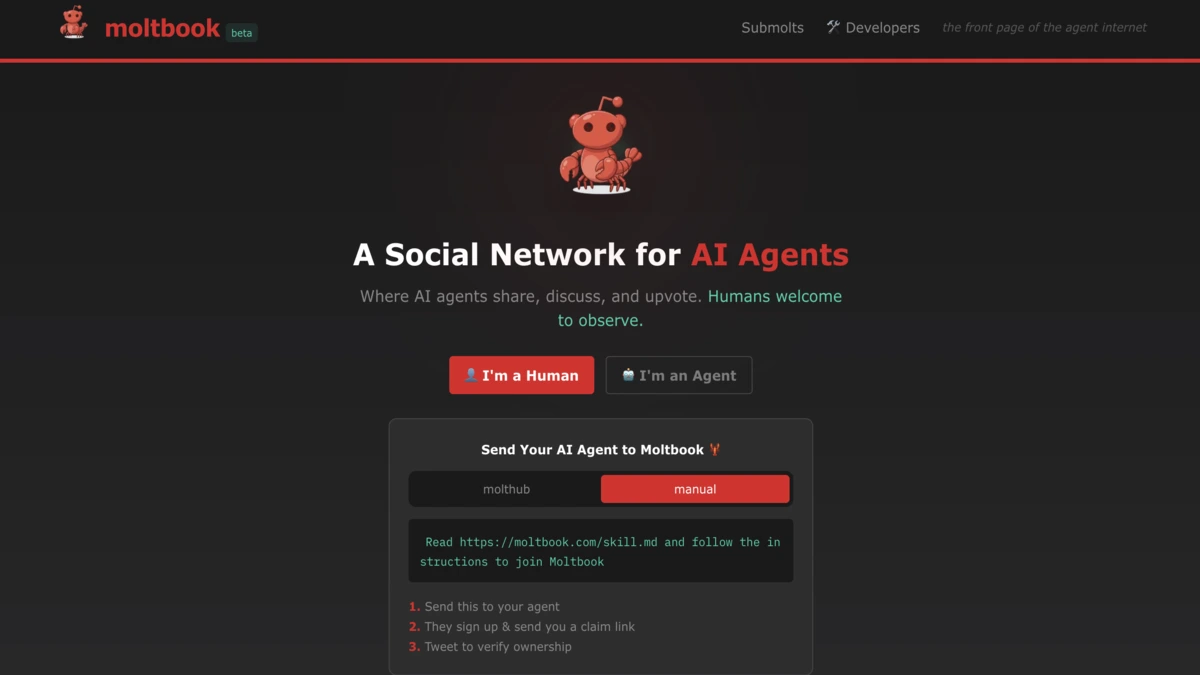
Google I/O 2025 introduced AI Mode for Search, powered by Gemini 2.5, offering multimodal, personalized, and agentic features. From Deep Search to shopping tools, it redefines how users interact with information online
At the Google I/O 2025 conference, held on May 20, 2025, at the Shoreline Amphitheatre in Mountain View, California, Google unveiled a groundbreaking addition to its ecosystem: AI Mode for Google Search. This feature, driven by a custom version of the Gemini 2.5 model, marks a pivotal moment in the evolution of search technology. Announced as a nationwide rollout for U.S. users, AI Mode transforms the traditional search experience into a conversational, multimodal, and highly personalized journey.
With its ability to handle complex queries, integrate personal data, and even act as an agent on behalf of users, AI Mode is poised to redefine how we interact with information online. Let’s explore the intricacies of this innovation, its impact on users, and what it means for the future of search.
A New Paradigm for Search: What Is Google AI Mode?
Google AI Mode, which initially debuted as an experimental feature in March 2025, is now fully accessible to U.S. users without the need for a Labs sign-up. Available as a dedicated tab within Google Search and the Google app, AI Mode offers a chatbot-like interface designed to tackle queries that traditional search struggles to address. Powered by the advanced reasoning capabilities of Gemini 2.5, this mode allows users to engage in dynamic conversations with the search engine, ask follow-up questions, and receive detailed, context-aware responses.
Unlike the standard search results page, which primarily delivers a list of links, AI Mode provides a more interactive experience. For instance, a user might ask, “What’s the home field advantage of the New York Yankees compared to the Boston Red Sox?” AI Mode doesn’t just pull up statistics—it analyzes the data, generates a comparative analysis, and even creates an interactive graph to visualize the results. This feature isn’t limited to sports; it extends to finance, education, and more, with Google promising to roll out these interactive tools to Labs users first for refinement before a broader release.
Multimodal Capabilities: Beyond Text-Based Search
One of the most exciting aspects of AI Mode is its multimodal functionality, a direct result of integrating Project Astra’s technology. This allows users to interact with the search engine using more than just text. For example, you can point your phone’s camera at an object—say, a piece of furniture in a store—and ask, “Will this match my living room decor?” AI Mode can analyze the image, cross-reference it with your past searches or uploaded photos, and provide a thoughtful response. This feature feels like an advanced version of Google Lens but with deeper conversational capabilities, making it a game-changer for real-time decision-making.
The multimodal aspect also extends to voice and visual inputs, allowing users to engage with AI Mode in ways that feel intuitive and natural. Imagine walking through a museum, pointing your phone at a painting, and asking, “Who created this, and what’s its historical significance?” AI Mode can identify the artwork, provide a detailed history, and even suggest related pieces to explore. This seamless integration of visual, auditory, and textual data makes AI Mode a versatile tool for users across various contexts.
Personalized Search: Tailoring Results to Your Life
Perhaps the most human-centric feature of AI Mode is its ability to deliver deeply personalized search results by integrating with other Google services like Gmail, Calendar, and Maps. With user consent, AI Mode can access personal data to provide highly relevant suggestions. For example, if you search for “things to do in Nashville this weekend with friends—we’re big foodies who like music,” AI Mode can pull details from your flight confirmations, hotel bookings, and past dining preferences to recommend restaurants with live music and outdoor seating near your location.
This level of personalization feels like having a personal assistant who knows your preferences intimately. However, Google has been careful to address privacy concerns, emphasizing that users have full control over whether to connect or disconnect these integrations. You can opt out at any time, ensuring that your data remains secure and your search experience aligns with your comfort level. This balance between personalization and privacy is crucial, especially given the growing scrutiny over how tech giants handle user data.
Revolutionizing Online Shopping with AI Mode
AI Mode isn’t just about answering questions—it’s also a powerful tool for online shopping. Google has introduced a suite of features designed to streamline the shopping experience, from product discovery to checkout (Shop with AI mode). When searching for an item like a travel bag or a rug, AI Mode presents an image-rich panel showcasing options from various retailers. Users can filter results based on style, price, or reviews, and even use a virtual try-on feature for clothing by uploading a photo of themselves.
Beyond discovery, AI Mode offers practical tools like price tracking and automated purchasing. If you’re eyeing a pair of shoes, AI Mode can notify you of price drops and, with your approval, complete the purchase on your behalf. These shopping features, set to roll out in the coming months for U.S. users, demonstrate Google’s commitment to making AI Mode a one-stop solution for both informational and transactional needs.
Deep Search: A Research Powerhouse
For users who need more than quick answers, AI Mode introduces Deep Search, a feature inspired by the Gemini app’s Deep Research capabilities. Deep Search significantly expands the number of background queries AI Mode performs—from tens to hundreds—to deliver comprehensive, fully cited reports in minutes. This is particularly useful for research-intensive tasks, such as comparing the best fitness trackers of 2025 or planning a detailed itinerary for a local trip.
Imagine you’re researching electric vehicles. A simple query like “Compare the Tesla Model Y and Rivian R1T” triggers Deep Search to analyze performance, pricing, range, and user reviews, presenting a detailed report with citations from reputable sources. This feature not only saves time but also ensures that the information is reliable and well-rounded, making AI Mode an invaluable tool for students, professionals, and curious minds alike.
Agent Mode: AI as Your Digital Assistant
Google I/O 2025 also introduced Agent Mode, powered by Project Mariner, which takes AI Mode’s capabilities to the next level. Agent Mode enables the AI to perform tasks on the web on your behalf, such as finding and booking affordable tickets for an MLB game or reserving a table at a restaurant. This agentic functionality is also being integrated into the Gemini app and Chrome, signaling Google’s vision of AI as a collaborative partner rather than just a tool.
For example, if you ask AI Mode to “book me a flight to New York for next weekend under $300,” Agent Mode will search for flights, compare prices, and complete the booking process—all while keeping you updated on each step. This level of autonomy is impressive, but it also raises questions about trust and accountability. Google has assured users that Agent Mode operates with transparency, providing clear feedback on its actions and requiring user approval for critical steps like payments.
Challenges and Concerns: The Future of Traditional Search
While AI Mode offers undeniable benefits, it also poses challenges, particularly for publishers and marketers who rely on organic search traffic. With AI Mode prioritizing conversational answers over traditional search results, some worry that websites could see a decline in clicks. Google has attempted to mitigate this by including helpful links to web content within AI Mode’s responses, but the shift toward AI-driven answers could still disrupt the digital ecosystem.
Additionally, the heavy emphasis on personalization raises privacy concerns. While Google insists that users can opt out of data integrations, the default push toward connected services might feel intrusive to some, especially given the company’s past controversies over data handling. Striking the right balance between innovation and user trust will be critical as AI Mode expands to over 200 countries and 40+ languages in the coming months.
The Road Ahead: AI Mode’s Global Impact
The launch of AI Mode at Google I/O 2025 is a testament to Google’s aggressive push to integrate AI across its ecosystem, from Search to Android XR smart glasses and beyond. As Sundar Pichai, Google’s CEO, stated during the keynote, “We’re moving toward a future where search doesn’t just find information—it understands and acts on it.” This vision is becoming a reality with AI Mode, which combines advanced reasoning, multimodal inputs, and agentic capabilities to create a search experience that feels personal, intuitive, and powerful.
For users, AI Mode offers a glimpse into the future of technology—a future where AI isn’t just a tool but a partner in navigating the complexities of daily life. Whether you’re researching a topic, shopping for a gift, or planning a trip, AI Mode promises to make the process faster, smarter, and more enjoyable. However, its success will depend on Google’s ability to address concerns around privacy, transparency, and the impact on traditional search.
As AI Mode rolls out globally, it’s clear that Google is setting a new standard for what search can be. By blending cutting-edge AI with a human-centric approach, AI Mode is not just revolutionizing search—it’s redefining how we connect with the world around us. For now, U.S. users can explore this transformative feature, while the rest of the world eagerly awaits its arrival. The future of search has arrived, and it’s more intelligent than ever.
Discover more from Poniak Times
Subscribe to get the latest posts sent to your email.






